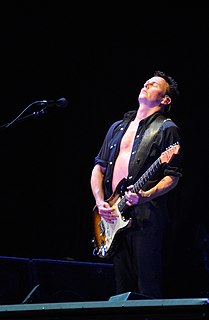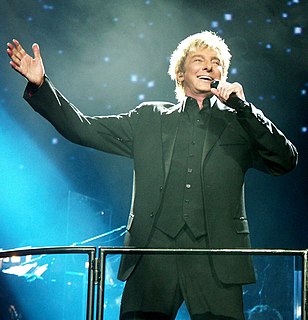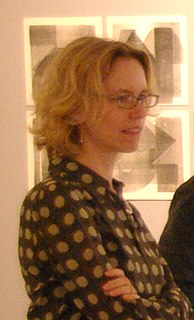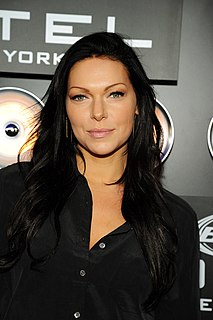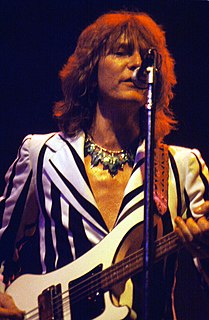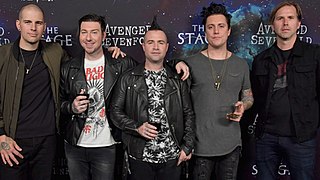A Quote by Mike McCready
Playing albums in sequence can be awesome, or it can be very limiting.
Related Quotes
Guy Picciotto had a really sound point: Live albums basically have bands playing songs that are available on studio records, and what example can you think of where the live album is better? What are the great live albums? I have live albums of bands, but I wouldn't listen to them for the most part. So we thought, instead of spending energy trying to puzzle out how to create a live record, let's just write another studio record.
